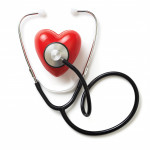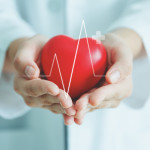Recent reports suggest that compared with their negative peers, people who have HIV also have a higher risk of cardiovascular disease (CVD, including stroke, heart attack and clogged arteries). The stats alone could stop your heart: One study indicated that positive people are 20 percent more likely than the general population to suffer a stroke.
But the way the stats were reported makes them sound more dramatic than they are. That 20 percent relative risk is different from an individual’s actual, or absolute risk, which depends on each person’s combination of risk factors. (Click here to check yours.)
Still, people with HIV should take extra care of their heart and blood vessels.
A few suggestions for starters:
- Take your HIV meds (in one study, women with fewer than 350 CD4 cells who were not on treatment were at highest risk for stroke). Which HIV drug combos work best for people with CVD risk? Search “hyperlipidemia” at AIDSmeds.com to find out. Also, be sure to ask your doctor about drugs to control blood pressure, high levels of triglycerides and cholesterol, or any other CVD-related risk factor you might have inherited or acquired.
- Exercise moderately and regularly.
- Eat fresh fruits, veggies and whole grains; limit high-fat foods, especially red meat.
- Try to keep your body mass index (BMI, a measure of healthy weight; click here to calculate yours online) between 18.5 to 24.9, definitely not over 29.9; and strive for a waistline at or under 35.5 inches (men) or 33.5 inches (women).
- If you smoke, stop.






Comments
Comments